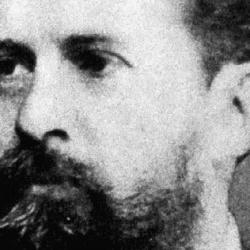In an essay on God’s attributes (Christian Dogmatics, 65-6) argues, rightly, that God’s attributes are “shaped by God’s triune nature.” Aseity, for instance, “must be teased out in a trinitarian fashion It is not the case that God is Stoic needlessness, or that God is self-causal force. Rather, God is life in and of himself – Father, Son, and Spirit – sharing that life one with the others.”
Each person is, Allen argues, “a se in essence,” but only the Father is “a se with respect to person.” On this basis, one can follow Calvin in affirming that each Person is autotheos, while simultaneously affirming the generation of the Son and the procession of the Spirit. Citing John 5, Allen writes, “The Father and Son share the property of having ‘life in himself,’ yet the Father has it of himself while the Son has the property receptively from the Father. Aseity is shared in common, yet it is possessed by each in his proper, personal way.”
Aseity must, in fact, be defined in Trinitarian fashion: “Aseity is not a statement of a monolithic monad but of a tripersonal God in himself. The love and life of God are enjoyed among Father, Son, and Spirit, not apart from any personal engagement.”
Allen argues, rightly again, that theologians should fill out other attributes in the same Trinitarian fashion: “While these terms [the attributes] are employed also in natural theology or in certain strands of philosophical theology, they are disciplined by the economy of God as published in the canon of Scripture, that is, by the manifestation of God as eternally triune. Whether aseity, infinity, or otherwise, these terms are defined by the revealed nature of God, not by certain preconceived notions or category assumptions based on creaturely experience. . . . Thus theological definitions of any attribute must be derived from the trinitarian shape of the divine being.”
Amen!











